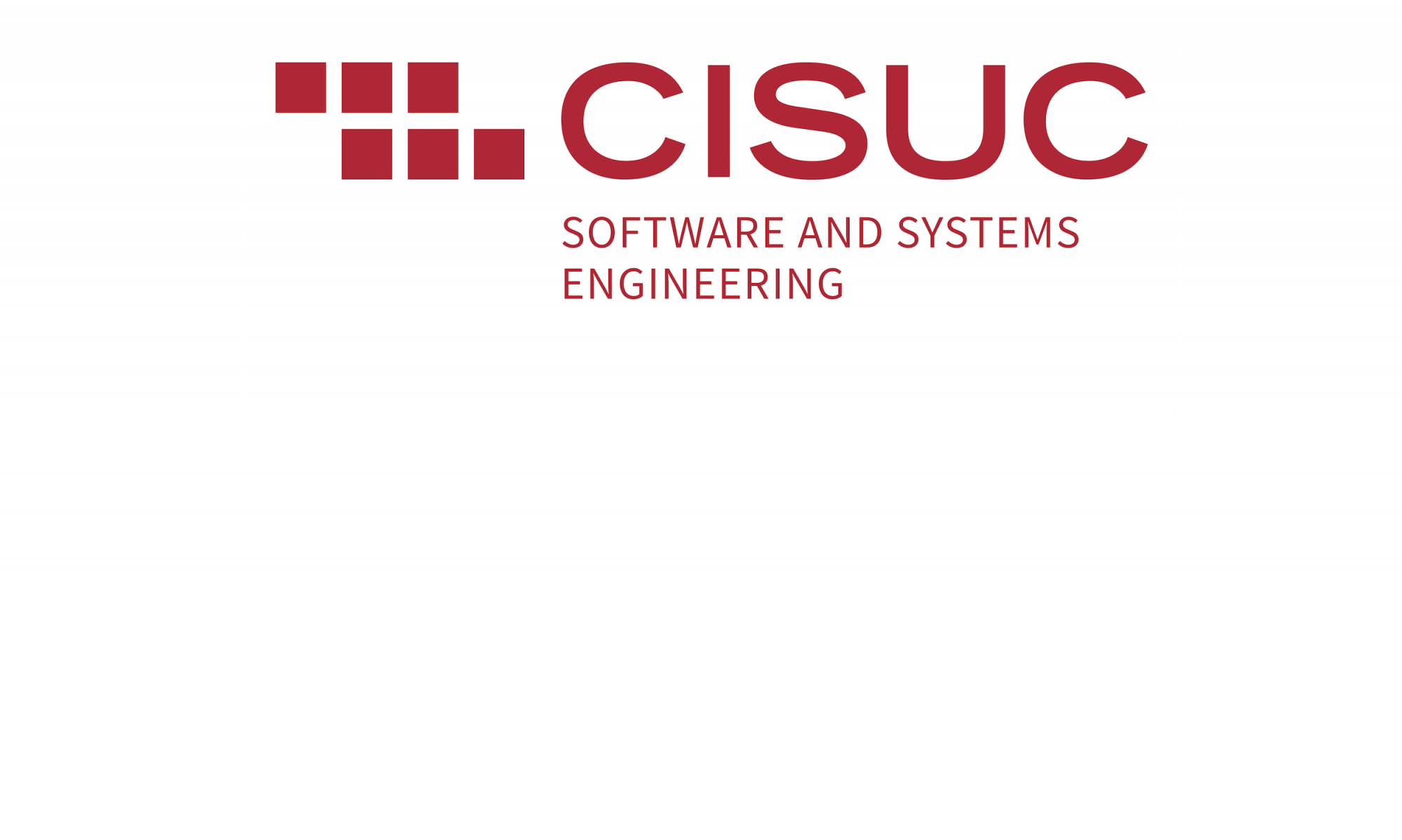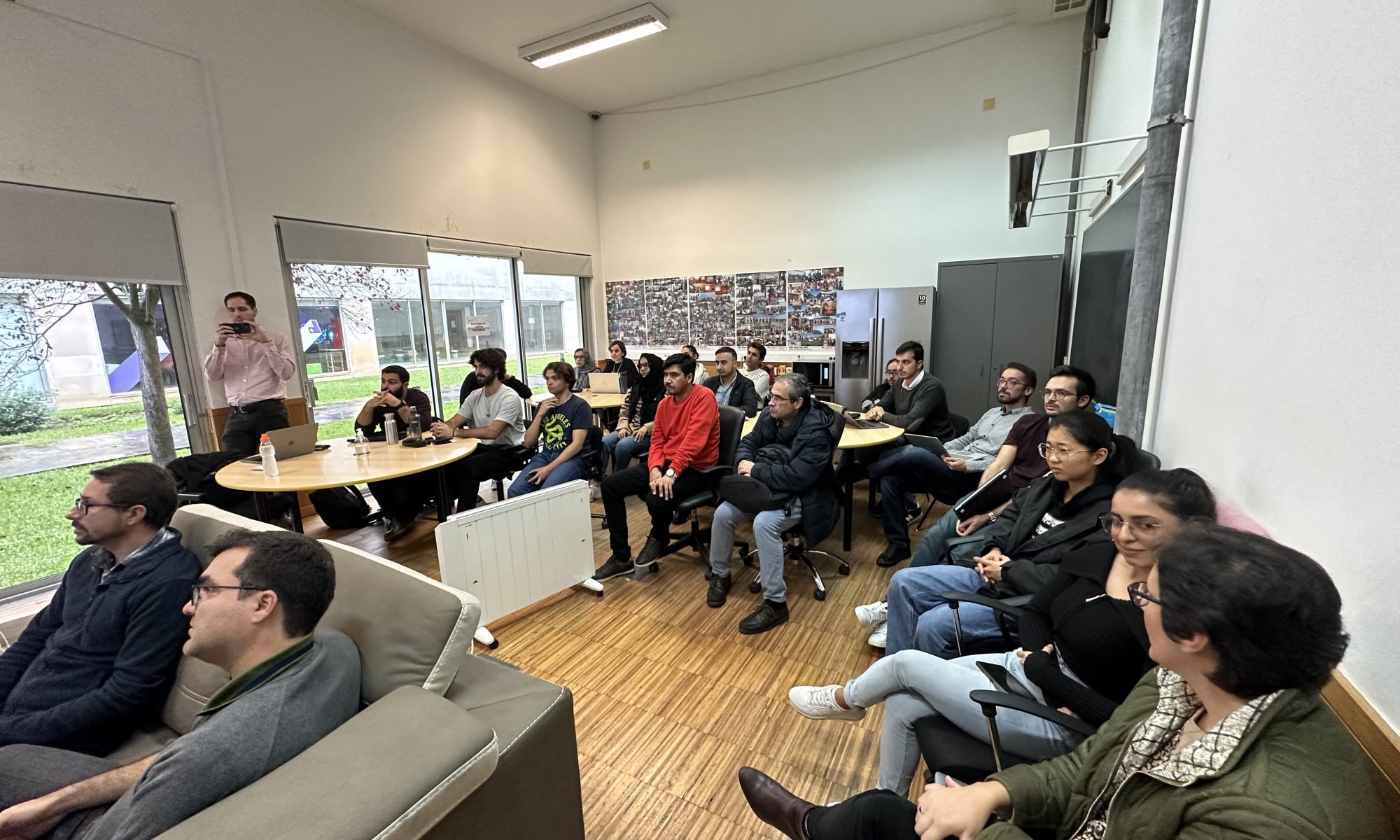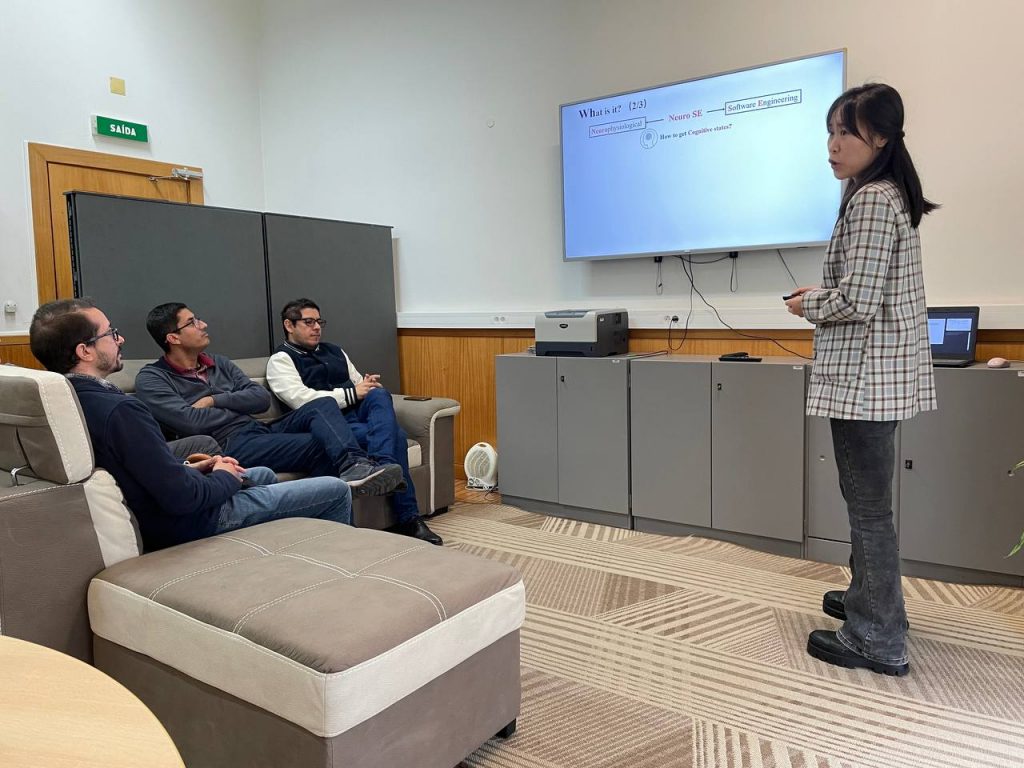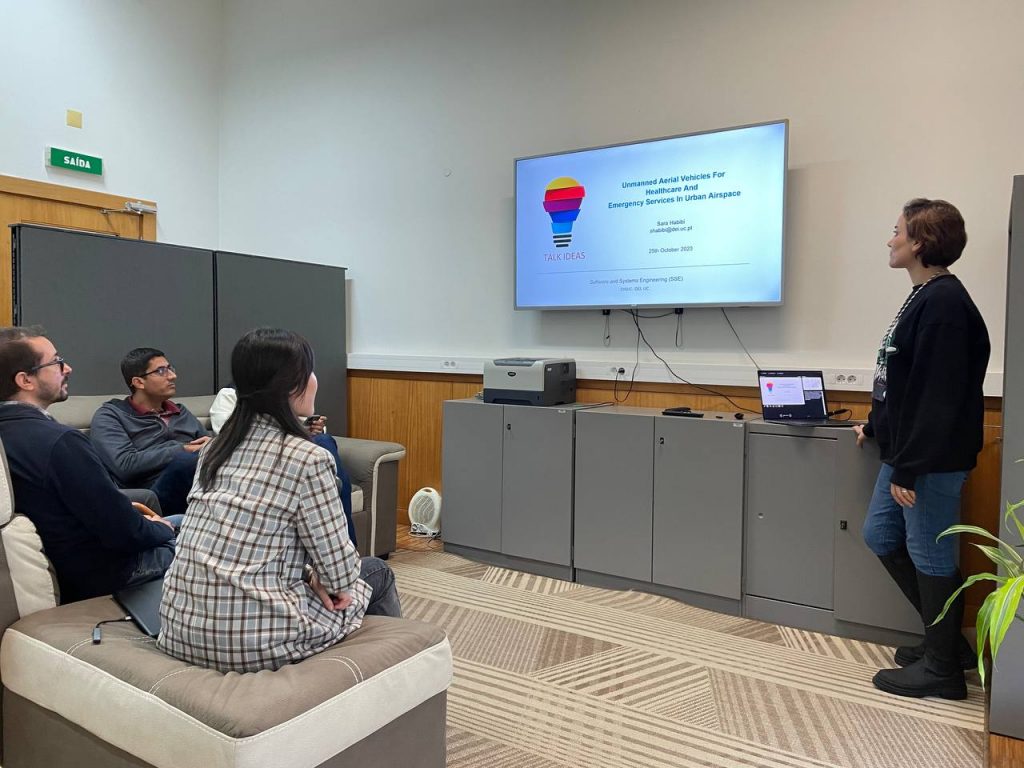25th of October at 16h00, Hao (Jane) Gao and Sara Habibi will give two short presentations, to promote discussion on two relevant ongoing or disruptive topics. Afterwards, there will be a social gathering where everyone can talk freely on whatever subjects they like.
Location: G4.1
Hao (Jane) Gao – “Towards Human-centric Software Complexity Metrics: A Neuroscience-based Approach”
Bio
Hao (Jane) Gao received her M.Eng. degree Faculty of Information at Yun Nan University. Currently, she is a third-year Ph.D. student at Macao Polytechnic University and attends the Daul degree program at Coimbra University, advised by Prof. Paulo de Carvalho & Henrique Madeira, and C.T Lam. Her research interests are a new area named NeuroSE (a research field in software engineering (SE) that makes use of neurophysiological methods and knowledge to better understand the software development process, as well as its outcome, the software system), especially on improving code complexity metrics by biometrics.
Abstract
Current code complexity metrics used in the software industry do not consider the human factor from an individual perspective (i.e., the programmer, or tester). In software development, the developers play a critical and fundamental role in accomplishing each development activity, and the limitations induced by them are inevitable. Therefore, accurately capturing perceived code complexity is very important for the software quality and its adequate maintenance. This Ph.D. thesis focuses on exploring the possible approaches to incorporating a human-centric dimension in software complexity assessment and management.
Sara Habibi – “Unmanned Arial Vehicle (UAV) for Healthcare and Emergency Services in Urban Airspace”
Bio
Sara Habibi earned her master’s degree in Informatic Engineering with a specialization in Data Resource Management from the Science and Research branch of the Islamic Azad University in Tehran, Iran. Her professional background includes roles in data analysis, data mining, and web development in Iran. Currently, she is a second-year Ph.D. student at the University of Coimbra, with her research interests centered on the integration of Unmanned Aerial Vehicles (UAVs) in healthcare services.
Abstract
In recent years, Unmanned Aerial Vehicle (UAV) technology has advanced significantly, offering potential benefits for various industries, including healthcare. However, integrating Unmanned Aerial Vehicles (UAVs) into complex, dynamic, and safety-critical healthcare systems operating within densely populated urban areas like the ones in Portugal is quite challenging. This thesis aims to bridge this gap by developing an integration framework specifically designed to Portugal’s healthcare sector. By addressing key elements such as social acceptance (i.e., mainly focused on patients and healthcare workers), technical needs (i.e., types of UAVs required in diverse use cases, required software and hardware, human-UAVs interaction), and procedural adaptation (i.e., redesign the existing healthcare workflows if necessary, regulatory compliance), this framework aims to provide practical guidance for healthcare organizations and UAV manufacturers looking to employ UAVs for enhancing healthcare services. Addressing these vital aspects, this thesis aims to prepare the way for the safe, efficient, and effective integration of UAV technology into healthcare services.



